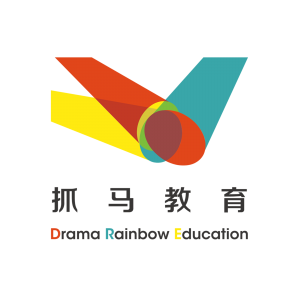Consultants
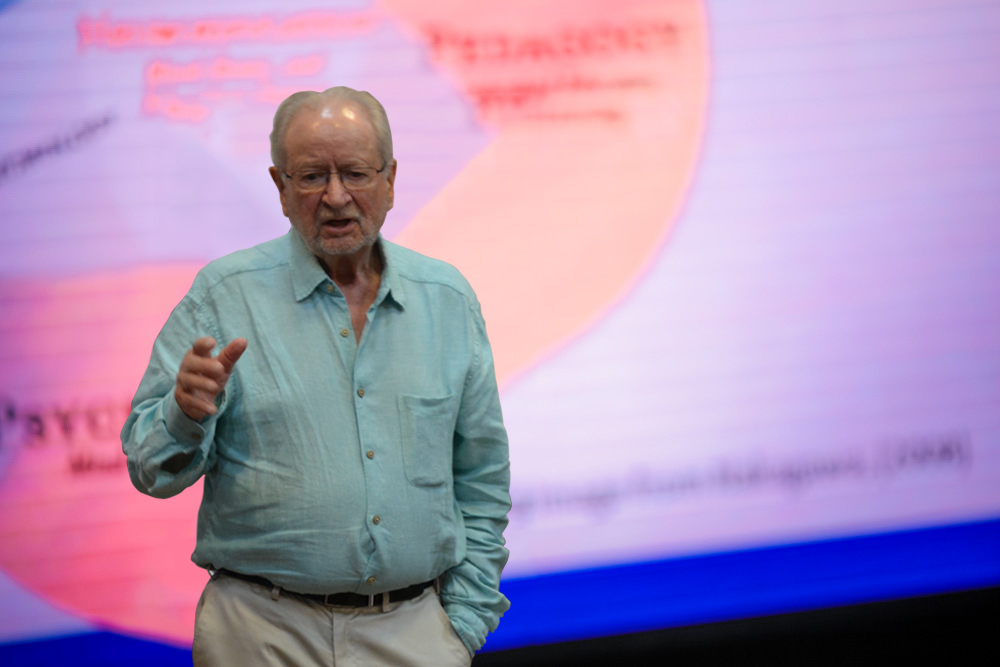
Prof. David Davisis
David Davis is a professor of Drama in Education at Birmingham City University(BCU). He has made an outstanding contribution to the field for over 40 years. One of the most significant was his decision to create the International Masters in Drama in Education with its two week summer school that attracted students from all over world. These students, trained by by Prof. Davis, went on to become pioneers in educational drama in Europe, North America and Asia. Among the alumni is Ms. Li Yingning, who has made an extraordinary contribution to the field of DiE and TiE here in China. Prof. Davis also established the International Centre for Drama in Education at UCE(later to become BCU) to advance the theory and practice of educational drama whose patron was playwright Edward Bond.
In addition to his international work Prof. Davis has been a leading trainer of teachers for over four decades, developing during this time, a close working relationship with the great British educational drama pioneers Dorothy Heathcote and Gavin Bolton. He was a leading figure in the National Association for the Teaching of Drama and a long time contributor to its theoretical Journal for many years. Prof. Davis is also an established classroom practitioner in his own right, especially his approach to “lived through” process drama, which builds on the early work of Heathcote and later Bolton. His work with British playwright Edward Bond over the last 20 years has taken Drama in Education and Theatre in Education in a new and important direction.
Prof. Davis is the author of many articles and the editor of a number of books, including Acting in Classroom Drama by Gavin Bolton (1998), Edward Bond and the Dramatic Child (2005), Saved by Edward Bond, Methuen Students Edition (2009), Gavin Bolton: Essential Writings (2010), and Imagining the Real: Towards a new theory of drama in education (2014). In this book, arguably the most significant contribution to the theory of drama in education since the 1990s, Davis analyses the current state of drama education world wide, details the development of DiE historically had exposes his own practice for scrutiny. The final part of the book outlines the significance and influence of Bond in the development of educational drama which has inspired a new generation of a practitioners to create a new form of drama.
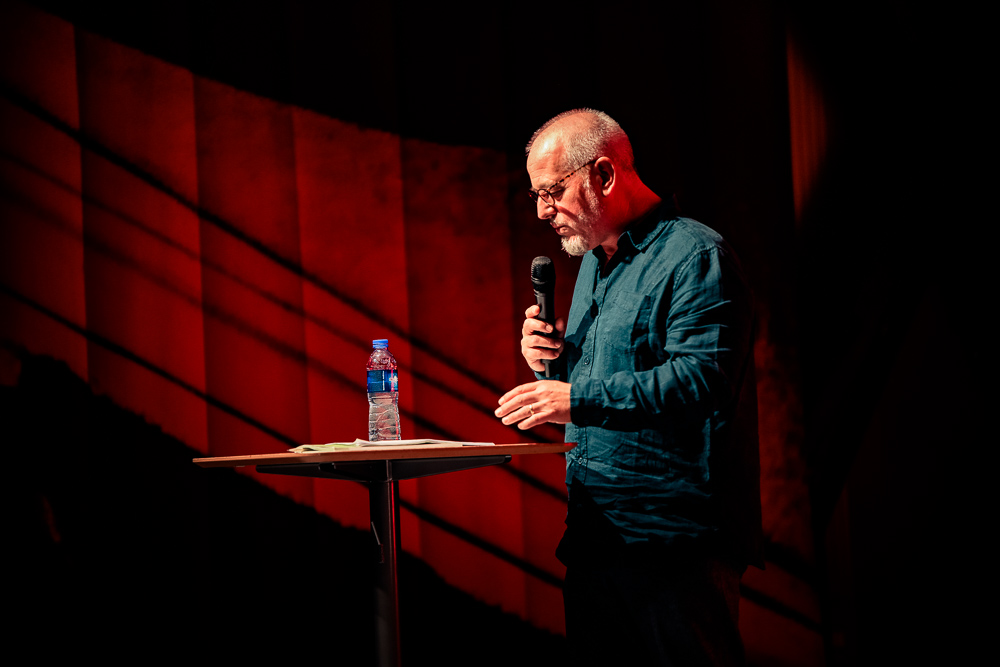
Chris Cooper
Chris has worked in TiE and educational theatre and drama since 1988 as an actor, director and playwright. He was the Artistic Director of the internationally acclaimed Big Brum Theatre in Education Company for 17 years (1999-2015) where he directed 38 new TIE programmes and many special projects over the years; including 9 World Premiere productions of new plays by the great British playwright Edward Bond. His work with Drama Rainbow Education, Beijing, since 2009, includes the training of teachers in drama education and the development of theatre education. He has also created picture books illustrated by Ceri Townsend as part of a Creative Curriculum the Company offers for children aged 3-8 years old in kindergartens and other arts based organisations. He is now a frequent visitor to mainland China working extensively in the field of drama and theatre education in Beijing, Shanghai, Shenzhen, Nanjing, Guangzhou and other first and second tier cities.
In January 2017, he also became a founder member and the International Director of Jian Xue. This research and development NGO in the field of educational drama and theatre has a specific interest in theatre-in-education and international projects, particularly those connecting the Chinese speaking world. Chris is a teacher on the annual Summer School and ‘week of practice’ workshops which is the core work of Jian Xue.
In 2008 Cooper set up Accident Time Productions which works mostly in Europe on theatre productions and projects, teaching, training, lecturing and presenting workshops. This includes ongoing long-term collaborations in Hungary, Slovenia, Malta, Greece, Norway and Ireland. He has written extensively on the theory and practice of educational theatre and drama in a variety of books and journals.
Chris is the author of 47 plays that have been performed in the UK, China, Hong Kong, Hungary, Greece and Norway. He is the author of five TiE plays and six Youth Theatre plays for Drama Rainbow Education. In January 2021 his cycle of World War I plays, The End of Reason: 1914-1918, written for Big Brum, was published in the UK.
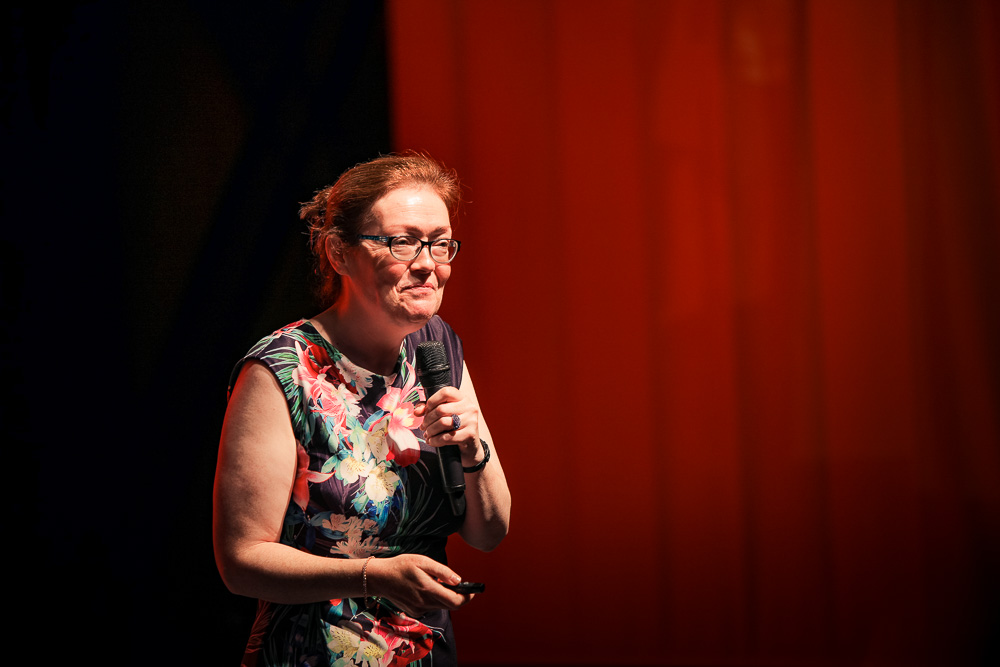
Prof. Carmel O' Sullivan
Professor Carmel O’Sullivan is the Director of the Department of Education and the Arts Education Research Group at Trinity College Dublin, Ireland. Since 2010, she has been an international education consultant for Drama Rainbow,. In 2016, she published a series of three books, Educational Drama: Practice Guide and Curriculum Plan, in cooperation with Drama Rainbow Education sand Renmin University Press. These publications introduces the application of classroom drama in early years education in mainstream Chinese education.
Carmel has been invited to give keynote speeches at educational conferences around the world. In recent years, she has begun to study the application of drama in early education in China, Hong Kong and Singapore. Her work deals with the use of pedagogy in early years, primary and secondary education; especially in special education. Carmel’s contribution to the role of drama in autism intervention is important in this field.
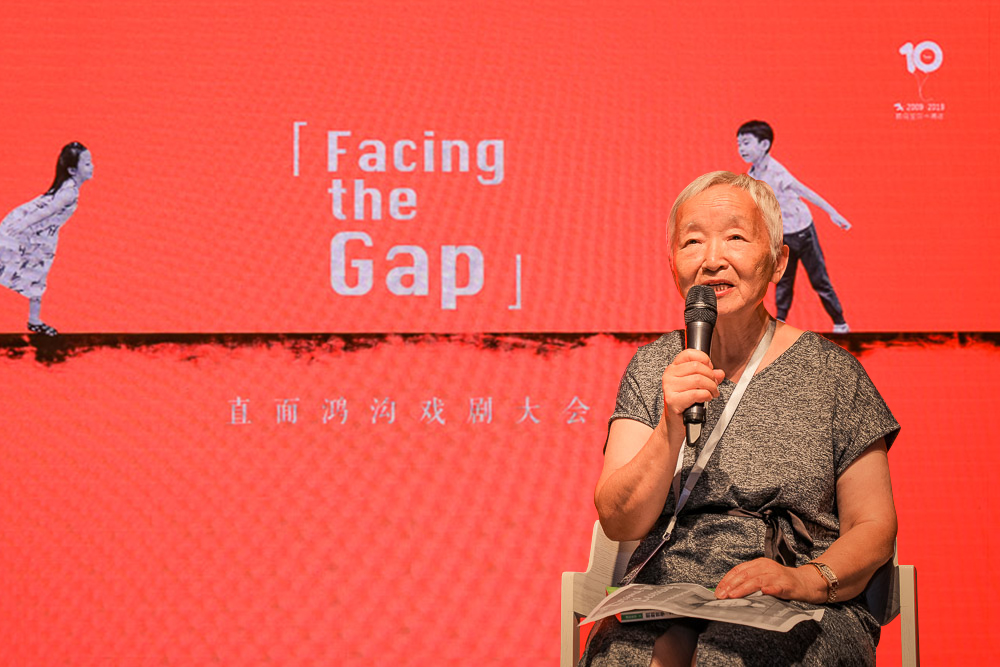
Ms. Li Yingning
Graduated from Shanghai Theatre Academy in 1968. She was a senior playwright. She has written more than 20 dramas (published in Li Yingning’s Selected Works), radio dramas, TV series and received many national and regional awards. Ms Li Yingning also worked part-time in the Shanghai Academy of Drama and Shanghai Institute of International Culture, teaching script writing, drama theory, Drama in Education and Chinese as a foreign language courses. In 1994, she began to participate in international academic exchanges in Europe, the United States and Asia, altogether working in 10 different countries. Most significantly: two visiting lectures in Australia and attendance at international drama conferences; several visits to the United Kingdom and the United States to study educational drama on exchange visits; attendance at the International Drama Conference in Norway, and conferences in the Philippines, Egypt and India; organising and planning the Asian Woman’s Drama Forum; planning visits to China of British, Australian and Norwegian drama experts; participating in the organisation of a three year exchange between Shanghai and Taipei; attending the Fifth International Educational Drama Alliance Conference, etc.
She writes of her experience:
“Play is the child’s lesson; it is the work of childhood. Drama is an extension of play in an art form through which children “live in the present” through imagination. By playing with possibility through exploration in a fictional world, they gain the experience they need to live in it. It is in this playful dramatic environment that children learn about themselves and their world and grow in many directions.
Before the 1960s, international schools might have had some form of DiE, but this was limited to playing games, improvisation exercises, and group writing geared towards performance. It was Heathcote and Bolton, the great pioneer drama educators, who created DiE methods that did so much to influence the development of educational theatre in the West. In China, however, these concepts were not available, and only a small number of students, both inside and outside school, chose to form drama groups as an after-school activity.
It was not until the founding of Drama Rainbow Education in 2009 that the first institution in China was established to integrate education and development for Chinese parents and children, in the form of DiE and TiE. The courses offered by Drama Rainbow Education created a synchronous learning environment, within a complete, purposeful, and principled educational framework for children and parents. What benefits the child, benefits the whole family.”
